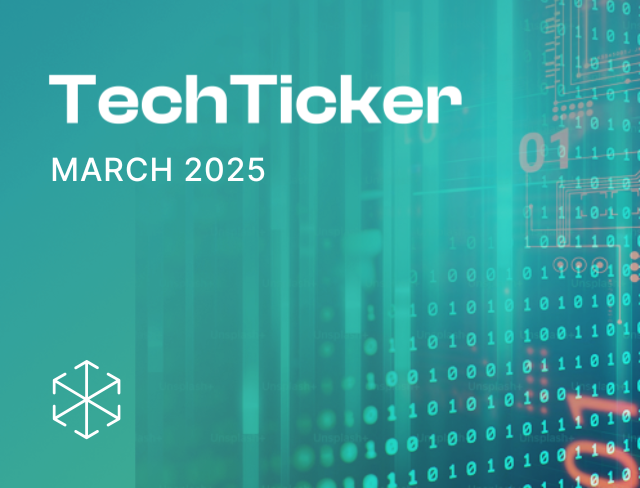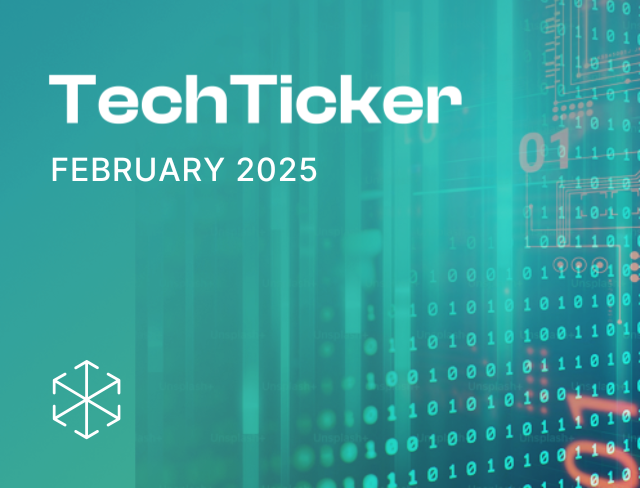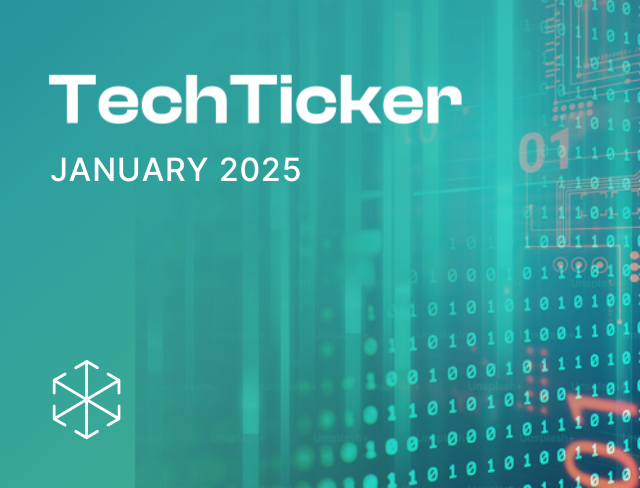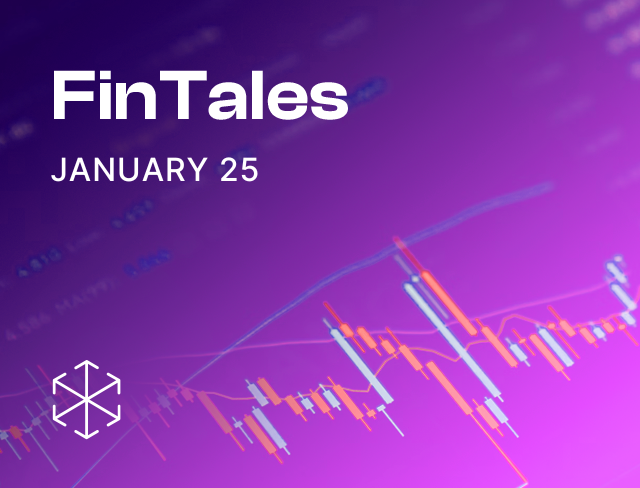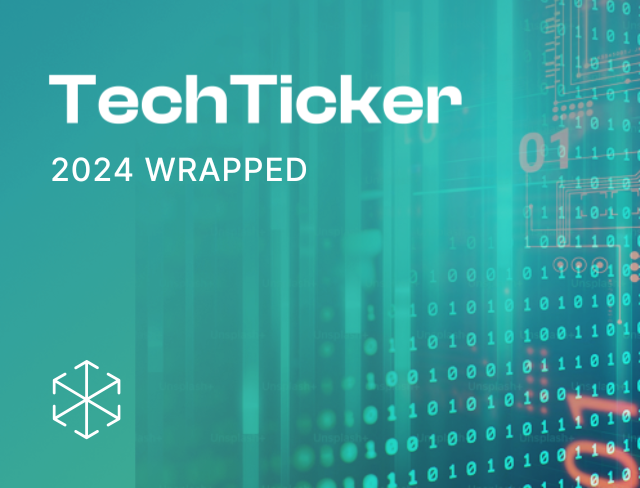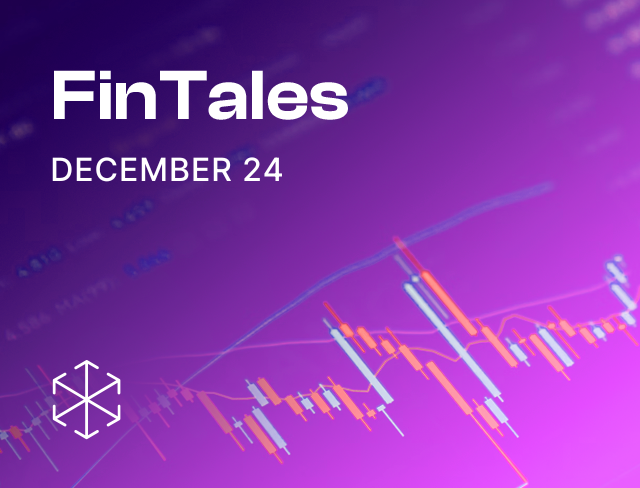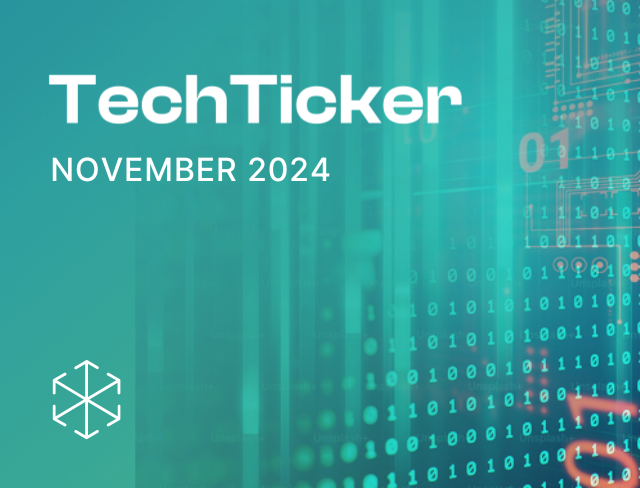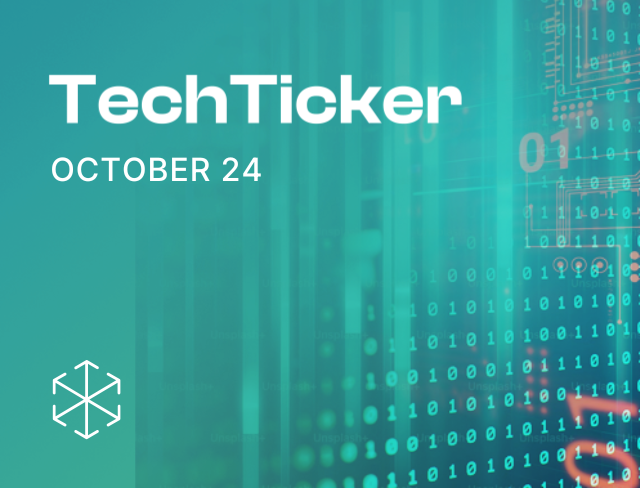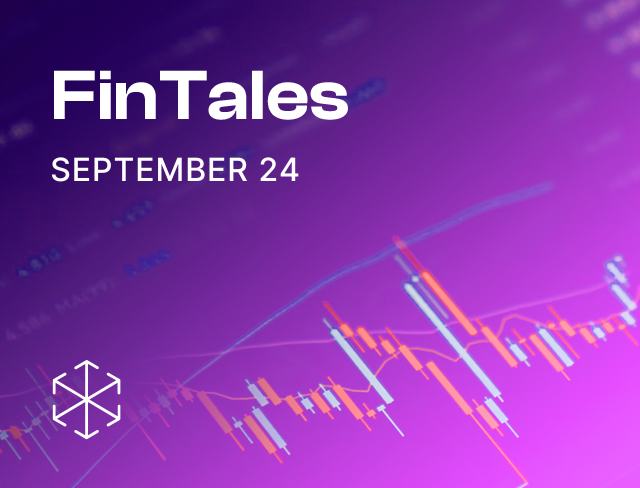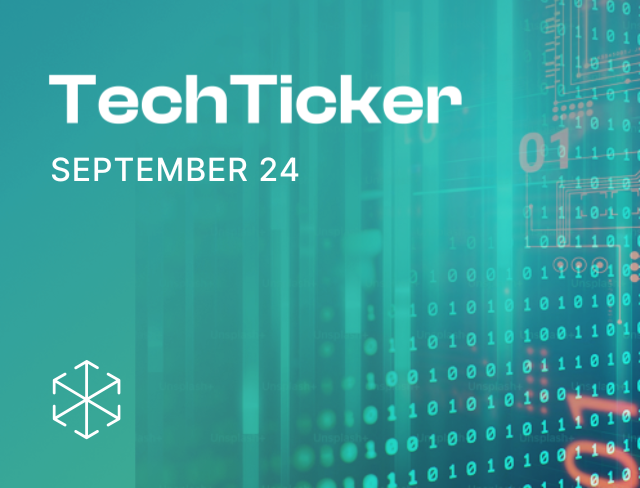Hi all,
This month from India’s tech policy space:
Important developments
The winter session of Parliament will commence on 18 November 2019 and end on 13 December 2019. The upcoming winter session is shorter than the previous two Parliament winter sessions which went on till January. In other news, the transport minister Nitin Gadkari has said that India should aim to become a hub for electric vehicles manufacturing in the coming years. In the business world, Walmart’s chief executive officer, Doug McMillion wrote to prime minister Narendra Modi to create a more predictable business environment in India. Guruprasad Mohapatra, secretary to the department for the promotion of industry and internal trade, said that new mechanisms under ‘Invest India’ may soon be introduced to handhold investors and help them set up their business facilities in India. Elsewhere, informal conversations have indicated that the national cybersecurity policy may be finalised by end-November 2019 and the government may not hold public consultations for the same. This gains significance after numerous WhatsApp users were recently found impacted by the Pegasus spyware. Conversations around intermediary liability gained momentum after the government held a couple of sessions on certification of online content. MeitY also informed the Supreme Court of India that the Information Technology [Intermediaries Guidelines (Amendment) Rules] 2018 may be notified by 15 January 2020. Lastly, TRAI released a consultation paper on cloud services on 23 October 2019. Stakeholders can submit their comments by 20 November 2019.
Social graph portability: an analysis of India’s approach
Aparajita Srivastava, senior associate and Nehaa Chaudhari, public policy lead at Ikigai law authored a paper analysing the net benefits of social graph portability to users and platforms. The paper argues that the right to data portability may be a credible method to allow users to port their data from one platform to other, however, it may pose technical and practical challenges that may outweigh the benefits. We hope you have an opportunity to read the paper, and would be happy to engage with you on discussions on the same.
Data governance
Reportedly, the Personal Data Protection Bill, 2018 will be introduced in Parliament only after the committee of experts on non-personal data submits its report to the government. Conversations around privacy garnered more traction after India and Romania based Amazon employees were reportedly found reviewing select clips captured by Amazon’s Cloud Cam (a security camera) to train Amazon’s artificial intelligence algorithms. These employees were also transcribing commands recorded in their customers’ homes through Amazon’s digital voice assistant, Alexa. Facebook-owned WhatsApp found itself in a difficult situation after Israeli spyware, Pegasus, was found tracking numerous Indian WhatsApp users. The Indian government has asked WhatsApp to explain the breach and the measures it was taking to protect the privacy of other Indian WhatsApp users. WhatsApp’s head, Will Cathcart, announced that WhatsApp will sue the Israeli company behind the spyware, NSO Group, in the US federal court for exploiting a vulnerability to target over 1400 devices globally.
Regional Comprehensive Economic Partnership (RCEP)
India has temporarily opted out of the RCEP free trade agreement, saying that the agreement does not address India’s outstanding trade issues. Domestic producers say that joining RCEP may flood Indian markets with cheap Chinese imports which may hurt the domestic industry’s revenue. India wants safeguards to be built into the agreement to prevent any surge in Chinese imports. Many Indian stakeholders had expressed their displeasure over the prospect of India joining the RCEP, especially the Swadeshi Jagran Manch that had organised a 10-day India wide protest. Piyush Goyal has, however, warned that opting out of the RCEP may lead India to be isolated from the Asian markets. Sources have said that going ahead India will avoid signing free trade agreements with countries with whom it has huge trade deficits. India has a year to consider signing the RCEP deal. However, the chances of it joining this mega deal seem dim at present.
Online content
The information and broadcasting (“I&B”) ministry hosted a workshop on film certification issues related to online content providers like Netflix and Amazon in Mumbai early in October 2019. At the workshop, the I&B minister Prakash Javadekar opined that over-the-top (“OTT”) platforms fall under the ambit of the Information Technology Act 2000, however, they escape government regulation and that this should be rectified. He also said that though OTT platforms generate all kinds of content, they escape scrutiny by the censor board. Amid growing concerns, the I&B ministry may soon issue a ‘negative list’ of ‘dont’s’ for video streaming services operating in India. I&B ministry’s secretary, Amit Khare, speaking at the Film Certification Appellate Tribunal’s seminar on film certification said that the ministry is yet to decide a framework for its proposed online content certification process. He said that the framework “could be a guideline, it could be self-regulation, and it can also be an Act”. Khare also said that regulations are needed to build safeguards in the systems but the ministry will not ‘thrust’ anything on online content platforms, and that it would strike a balance between different stakeholders to ensure healthy implementation of the regulation. He also said that confidential consultations may soon be planned for stakeholders to inform regulations for the online content industry.
Digital payments
Reportedly, Walmart may demerge PhonePe and Flipkart to assume complete ownership over PhonePe. The Reserve Bank of India issued instructions for ‘on tap’ authorisation to entities desirous to function as/operate/provide platforms for Bharat Bill Payment Operating Unit, Trade Receivables Discounting System, and White Label ATMs. The National Payments Corporation of India (“NCPI”) announced that WhatsApp will likely become compliant with India’s data localisation norms over the next two months after which it will be able to roll out WhatsApp Pay, its digital payments service. NPCI’s chief executive Dilip Asbe reportedly said that the use of the UPI platform by WhatsApp Pay will positively impact the digital payments industry in India. However, he cautioned that for digital payments to tangibly impact cash use, its user base must treble from one million (currently) to at least three million. NASSCOM’s Data Security Council of India (DSCI) recently launched the Digital Payment Abhiyan in collaboration with Google and the MeitY to increase awareness about digital payments and its allied security and safety best practices. To increase outreach, the DSCI has onboarded multiple digital payments ecosystem partners including banks, card networks and fintech companies.
Others
Experts working on Google’s Sycamore machine (a quantum computer) claimed that they had executed a calculation in 200 seconds that would take 10000 years for a classic computer to complete. IBM’s competing team, however, expressed scepticism over Google’s claim. On the other side, the Organization of Economic Cooperation and Development came up with a proposal to tax digital businesses in a uniform manner. Lastly, Facebook’s chief executive officer, Mark Zuckerberg showed signs of scaling back its cryptocurrency project ‘Libra’ if it did not receive approval from regulators going ahead.
That’s all from us this time, catch us in December!

